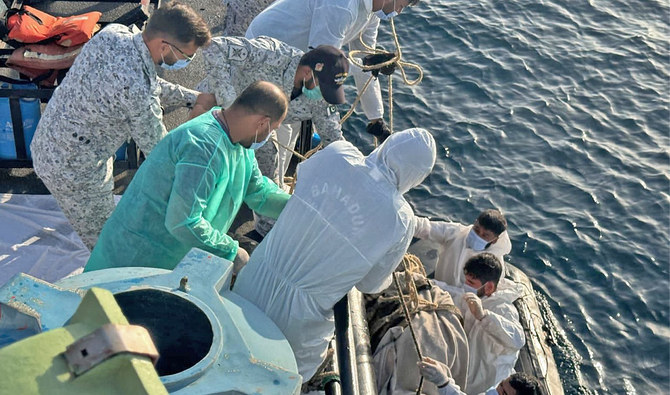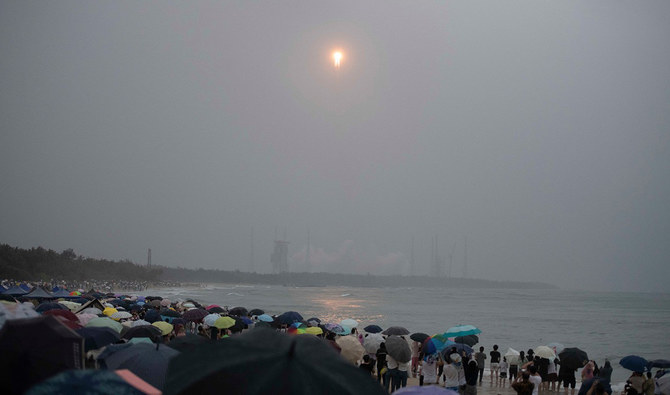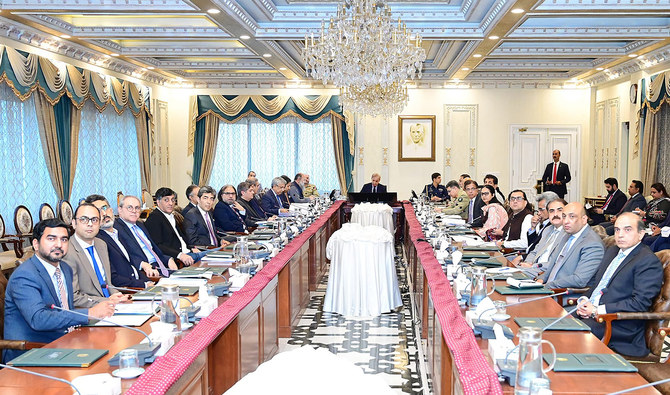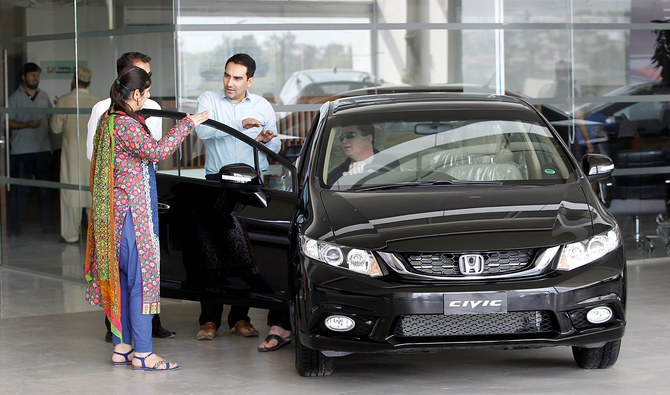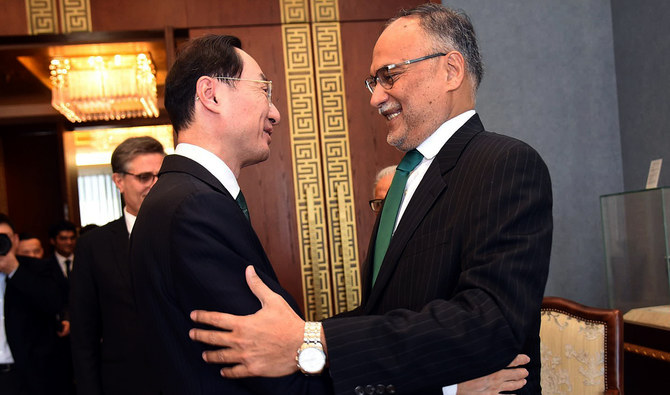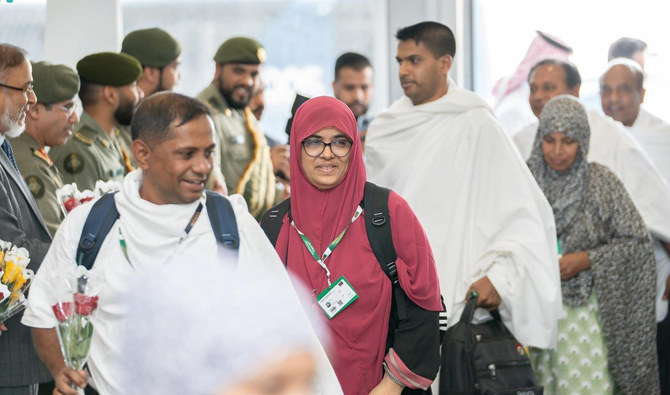KARACHI: The Pakistan Navy said on Wednesday it had recovered the bodies of two more fishermen missing since last week after their vessel capsized in the Arabian Sea, while a search was still on for two remaining fishers.
On March 4, 45 fishermen from the Ibrahim Hyderi area of Pakistan’s southern city of Karachi set out on a fishing journey aboard a vessel named Assad, according to survivor accounts. The boat capsized at 3am off the Hajjamro Creek due to technical issues compounded by adverse weather conditions.
A total of 14 fishermen went missing after the accident. The bodies of ten were recovered by the Navy and the Pakistan Maritime Security Agency on Monday, following a days-long search that involved aircraft, helicopters, ships and speed boats.
On Tuesday, the Pakistan army said the remaining four bodies had all been recovered. However, in a statement on Wednesday, the Navy said two bodies were still missing eight days after the accident.
“Despite dense marine traffic, time lapse and rough sea conditions the dead bodies of 2x Fishermen were successfully recovered by PMSA units at sea on 12 March 2024 and subsequently handed over to concerned authorities for further formalities,” the Navy said.
“Uptill now a total of 12x bodies have been recovered from sea. Search of remaining 2x bodies is in progress.”
Relatives of the missing fishermen have expressed fears tidal waves might have carried them into Indian territorial waters.
On Sunday, Agha Rafiullah, a Pakistani lawmaker from Karachi’s coastal belt, told a Pakistani newspaper that Prime Minister Shehbaz Sharif had said his government would raise the matter with Indian authorities.
But when asked if Pakistan had sought Indian assistance in locating the missing fishermen, Pakistani Foreign Office spokesperson Mumtaz Zahra Baloch said no such request had been made by Islamabad.
Last month, Pakistan Navy rescued nine Indian seamen who were stranded in a disabled tug that had been en route to Sharjah.



